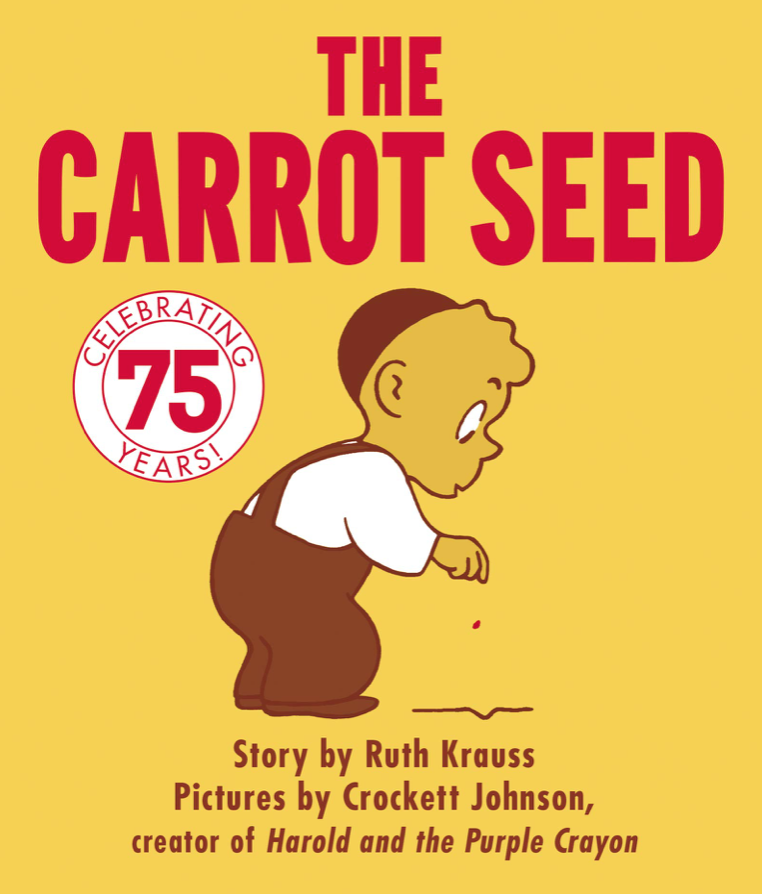An Unhealthy Obsession: Pugs and the Demand for Cuteness

Among my friends, I would be one of the first to readily admit one thing: I love dogs. Pugs, specifically. My personal allegiance to my family’s dog aside, pugs are one of my favorite animals. If I need to take a break from studying or writing a paper, chances are decent that I’ll log on to Tumblr or Youtube for my daily pug fix. When my friends see an article or video about pugs online, they know just who to send it to. And, once I graduate, one of my personal milestones of success won’t necessarily be having children, but rather becoming a proud father to one of the wrinkled, snuffling, bug-eyed beasts.
In some ways, my love for pugs could be considered unhealthy. A few of my friends would likely characterize it as an obsession. But there are other ways in which owning such an adorable creature could be considered problematic.
Take, for instance, a recent article in The Guardian about English bulldog ownership. While the popularity of this breed has skyrocketed in recent years, so too has the rate of bulldog abandonment. Abandoned by their owners primarily due to the difficulty and expense of their complicated health problems, these dogs are not only a victim of poor breeding practices, but also societal demand for their amiable personalities. As demand for this breed increases, there will only be more of an incentive for breeders to breed for traits that are characteristically English bulldog – traits that ultimately may cause the health problems leading hundreds of pets to be left in shelters.
It only follows, then, that I must question my own motivations for wanting to own a pug. The breed, after all, has its own fair share of genetic disorders, including spinal problems and difficulty breathing due to an elongated soft palate. Treating these issues can often be expensive, and failure to do so can significantly diminish the quality of life of the dog. Perhaps the most disturbing fact about such diseases is that they are in some ways perfectly avoidable and may even be a byproduct of incredibly selective breeding practices. The debilitating spinal problems some pugs exhibit, for example, stem from the trademark curly tail of the breed – a trait considered attractive by breeders and the general public. The same can be said of the breathing issues pugs have, which come as a result of their characteristic wrinkled faces and short snouts – again, another result of selective breeding. Such breeding has created a dog that is undeniably adorable, affectionate and playful – but at the same time, genetically scarred by the very traits that make it so appealing.
It is in light of these facts that I, and hopefully countless other potential dog owners, must reexamine our affinity for breeds like the pug and English bulldog. While such dogs are certainly cute, can we ethically justify owning them when the reasons they are so desired hurt their quality of life? My inclination would be no.
Admittedly, there are some solutions other than simply not owning a pug altogether. Perhaps the most ideal would be to adopt from a local shelter or rescue. Owners of dogs like pugs must also be willing to care for their health issues and the expenses that come with them. Doing so will ensure that the quality of these dogs’ lives is not determined by our all-consuming demand for cuteness.
Such solutions may make a world of difference for individual dogs. But if we are to truly make a difference for these dogs as a breed, it is clear that we must reconcile our demand for their adorable characteristics and keep their health and quality of life as our primary concern. If demand for healthy, happy dogs supersedes that for an increasingly wrinkled face or curlier tail, we can begin to put our unhealthy obsessions for pugs and other dogs to better use.




